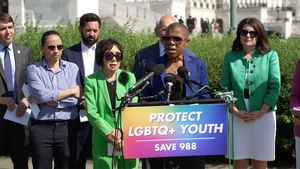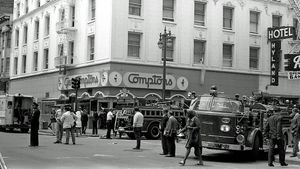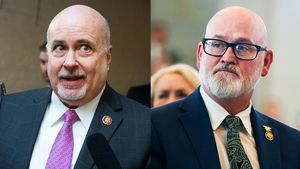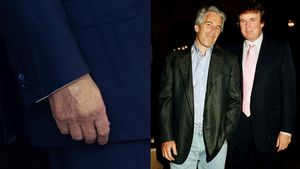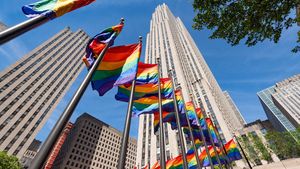The Supreme Court has ruled against the Navajo Nation in a case that would have allowed them to secure clean drinking water access.
Spanning 27,000 miles across Arizona, New Mexico, and Utah, the Navajo Nation reservation is home to 170,000 people, a third of whom lack access to clean drinking water, according to the tribe. Thousands live without running water, and have to drive miles to refill jugs for bathing, cleaning, cooking, and drinking.
States recently debated how to limit use of the Colorado River as its supplies dwindle. The river flows alongside the northwestern border of the Navajo Nation reservation, who have not been permitted to represent themselves amongst government discussions. The tribe says that they have been blocked by federal courts, who claim that they represent Native tribes during land and water disputes because of provisions in the Navajo Treaty of 1868.
Despite the government arguing that they maintain the right to make decisions for the tribe and delegate them to certain land, the Supreme Court ruled that they are still not responsible for ensuring the tribe has clean access by constructing infrastructure such as roads or water pipes on their land.
The vote was 5 to 4, with Justice Neil M. Gorsuch writing in the dissenting opinion that the tribe's request was more than reasonable — even modest.
“To date, their efforts to find out what water rights the United States holds for them have produced an experience familiar to any American who has spent time at the Department of Motor Vehicles,” he wrote. “The Navajo have waited patiently for someone, anyone, to help them, only to be told (repeatedly) that they have been standing in the wrong line and must try another.”
He added that “when this routine first began in earnest, Elvis was still making his rounds on The Ed Sullivan Show."














